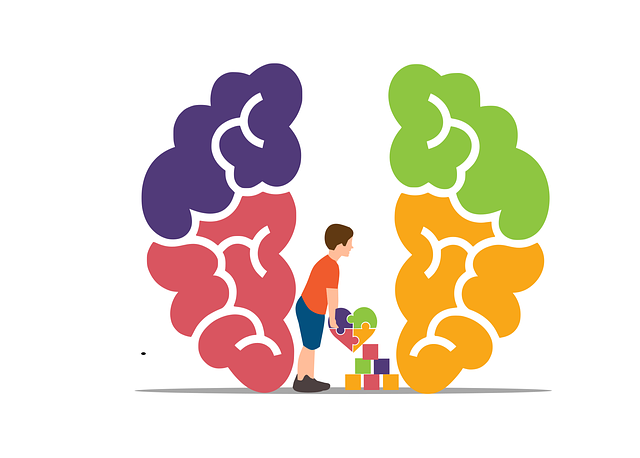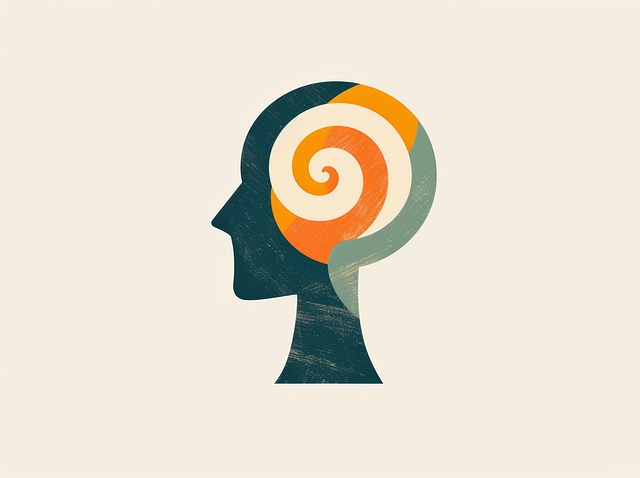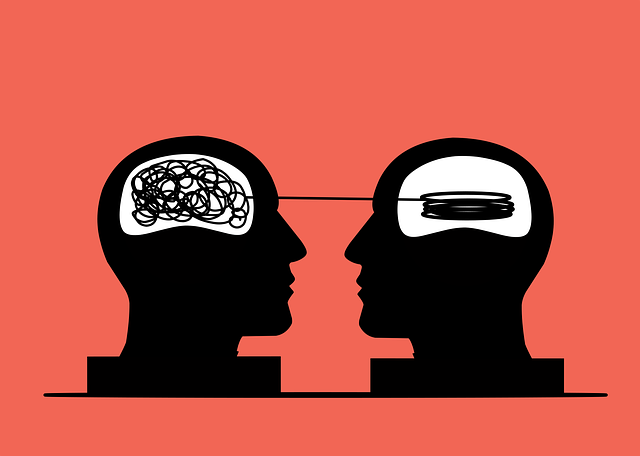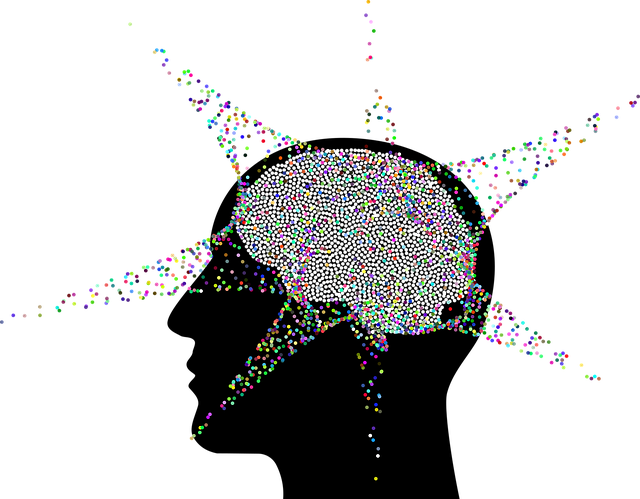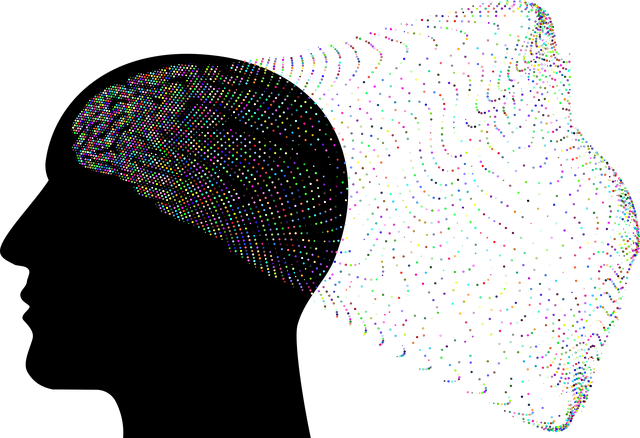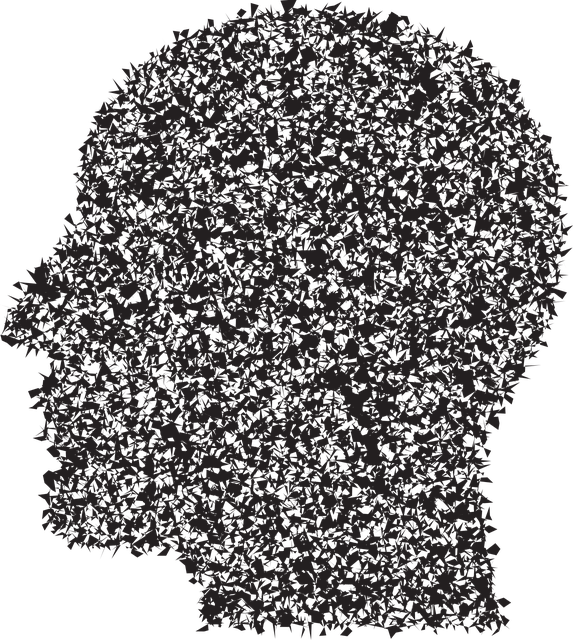Media portrayals of PTSD significantly impact public understanding, with accurate depictions encouraging help-seeking through therapies like Lafayette Post-Traumatic Stress Disorder Therapy. Inaccurate or one-dimensional representations perpetuate stigma and shame. Organizations like Stress Management Workshops promote positive change through resources and workshops enhancing self-care and communication, fostering empathy. Recent evolutions in PTSD treatment, including Lafayette PTSD therapy, offer holistic approaches focusing on reducing stigma, structured risk management, mental wellness journaling, and long-term resilience building for trauma survivors. Accurate media representation, involving lived experience consultants and culturally sensitive approaches, is vital to reduce stigma and improve mental health support.
In today’s media landscape, representation of mental illness is crucial. The way mental health conditions are portrayed can significantly impact public understanding and those seeking support. This article explores the profound effects of media representations on mental health, focusing on post-traumatic stress disorder (PTSD). We present a novel approach: Lafayette PTSD Therapy, offering innovative solutions. Additionally, we provide strategies for accurate and empathic mental illness representation in media, aiming to challenge stereotypes and foster a more compassionate society.
- Understanding the Impact of Media Portrayals on Mental Health
- Lafayette Post-Traumatic Stress Disorder (PTSD) Therapy: A Novel Approach
- Strategies for Accurate and Empathic Mental Illness Representation in Media
Understanding the Impact of Media Portrayals on Mental Health

Media portrayals of mental illness can significantly influence public understanding and attitudes towards people living with conditions like Post-Traumatic Stress Disorder (PTSD). Often, media narratives either perpetuate harmful stereotypes or offer glimmers of hope through accurate representation. For instance, showing characters effectively managing their PTSD through therapy, support groups, or self-care practices can challenge stigma and inspire viewers seeking similar solutions, encouraging them to reach out for Lafayette Post-Traumatic Stress Disorder Therapy.
On the other hand, inaccurate or one-dimensional depictions can exacerbate existing misconceptions, leading individuals affected by these disorders to feel misunderstood or even shameful. This is where organizations like Stress Management Workshops focus on promoting positive change by offering resources and workshops aimed at enhancing self-care practices and communication strategies for both those with mental health challenges and their support networks. By fostering an environment of empathy and informed decision-making, these initiatives contribute to a more supportive societal response to mental illness.
Lafayette Post-Traumatic Stress Disorder (PTSD) Therapy: A Novel Approach

In recent years, the field of mental health treatment has seen a promising evolution, particularly in addressing Post-Traumatic Stress Disorder (PTSD) through innovative approaches like Lafayette PTSD therapy. This novel method offers a fresh perspective on managing the complex nature of trauma, breaking free from traditional therapy models. By integrating tailored strategies and techniques, this therapy aims to empower individuals who have experienced trauma to reclaim their lives.
Lafayette PTSD therapy focuses on reducing the internalized stigma associated with mental illness while enhancing coping mechanisms through structured risk management planning for mental health professionals. As part of the treatment process, patients are encouraged to engage in mental wellness journaling exercises, providing them with a safe space to express emotions and track progress. This holistic approach not only facilitates healing but also equips individuals with self-care tools, fostering long-term resilience and improved mental well-being.
Strategies for Accurate and Empathic Mental Illness Representation in Media

Media has a significant impact on shaping societal perceptions of mental illness. To foster a more empathetic understanding, accurate representation is key. This involves employing strategies that go beyond simplistic stereotypes and tokenism. For instance, involving individuals with lived experiences as consultants during production can ensure authenticity in depicting their conditions. Portraying mental health struggles in a nuanced manner, highlighting the diverse range of symptoms and treatments, contributes to reducing stigma.
A culturally sensitive approach is also vital. Recognizing that mental illness intersects with cultural identity, media creators should strive for representations that reflect this complexity. This might include exploring how cultural factors influence experiences of trauma, coping mechanisms, and access to care, such as the role of Lafayette Post-Traumatic Stress Disorder (PTSD) Therapy in addressing unique community needs. Additionally, risk assessment for mental health professionals featured or portrayed in media should be addressed to ensure both their well-being and effective patient care, with a focus on mood management strategies.
In light of the significant impact media portrayals can have on mental health, it’s clear that accurate and empathetic representation is crucial. By understanding the power of media, as illustrated by innovative therapies like Lafayette Post-Traumatic Stress Disorder (PTSD) therapy, we can challenge negative stereotypes and foster a more supportive environment for those living with mental illness. Implementing strategies for better representation in media is essential to promoting awareness, reducing stigma, and ensuring individuals receive the care and understanding they deserve.

